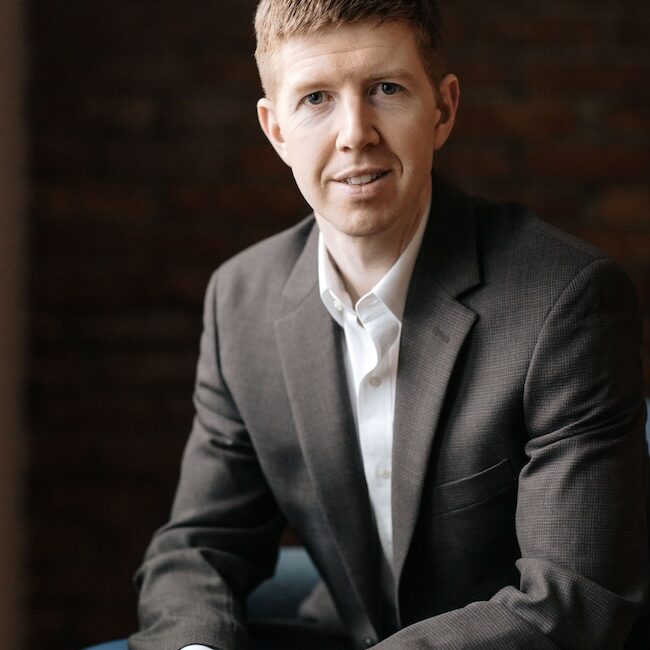In her early twenties, my wife worked at a bicycle shop.
Most of her co-workers were bike enthusiasts, constantly tinkering with their rides and occasionally acquiring new ones.
One of the running jokes in the shop was this question: “How many bikes do you need?”
The answer: “n+1” — where n is the number of bikes you currently own.
It’s a humorous way of highlighting the human tendency to always crave more, convinced that what we have isn’t enough. We delude ourselves into thinking that when we get that thing on the horizon, then we’ll finally be satisfied.
- “When I get that promotion, then I’ll be set financially…”
- “When we finish this crazy project, then I’ll have time……”
- “Once I’m published in that journal, then people will know I’m for real…”
- “Once we fill those two open positions, then things will calm down…”
The challenges of life are real — paying bills, meeting deadlines, and caring for those around you. And especially for those living at the margins, these pressures are relentless.
But believing that what you have and who you are is insufficient? That’s a mindset issue.
And the mindset of insufficiency shows up at all income and asset levels. Because from that mindset, what we need is always n+1. What I have, plus $100 (or $10 million) more.
What is it costing you to live in a mindset of n+1? How much distraction, worry and stress do you experience from thinking relief is another rung higher on the ladder?
There’s another way: making peace with where you are while you continue to climb. Holding both “I have enough” and “I want more.” Both can be true at the same time.
Where do you find yourself always coming up short, in your mind? What is it costing you to think this? And how might you learn to appreciate where you are, even 5% more than you do?
You have more ability to adapt and grow than you may realize.

